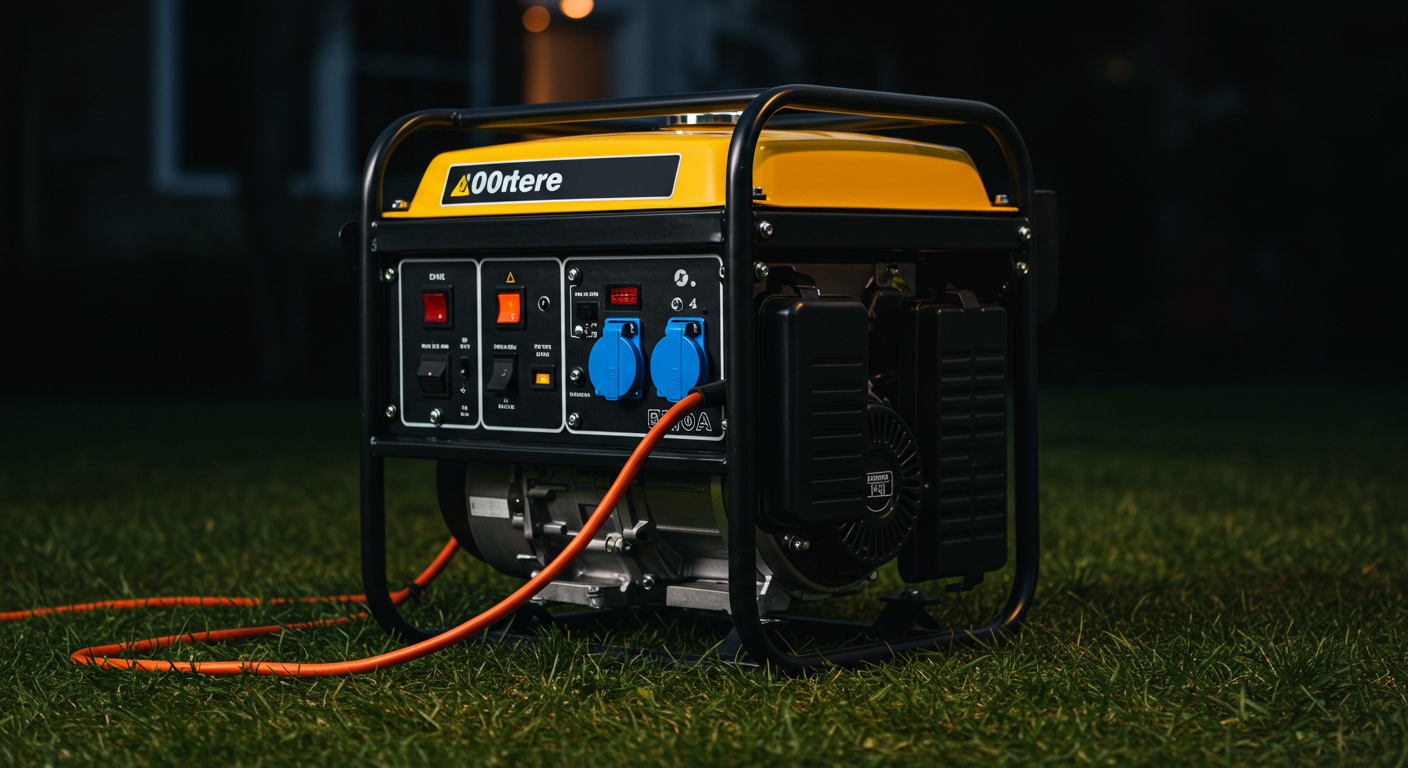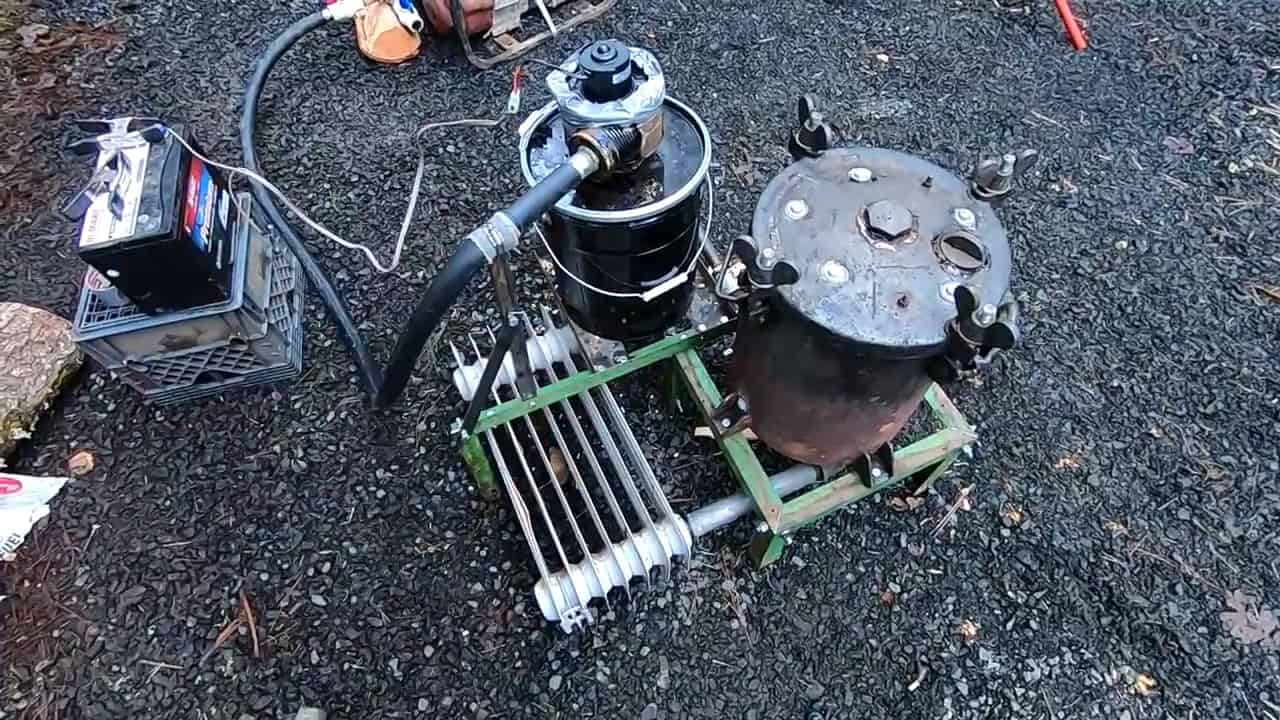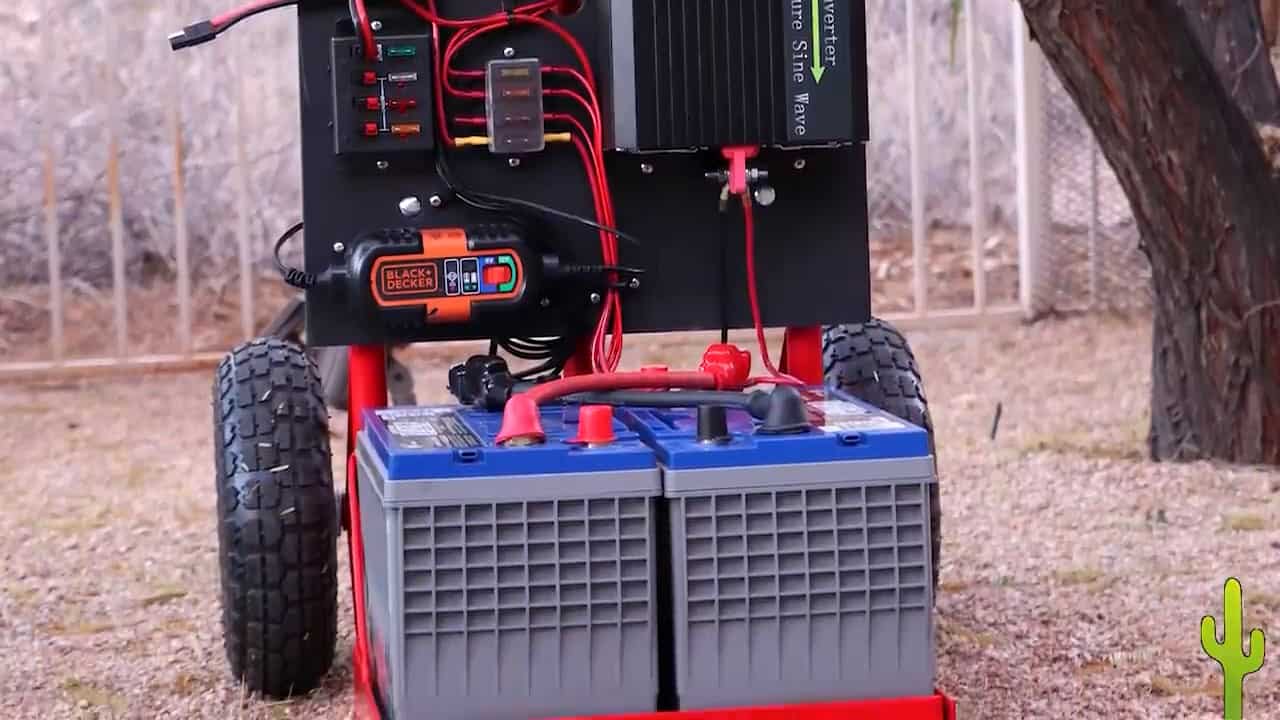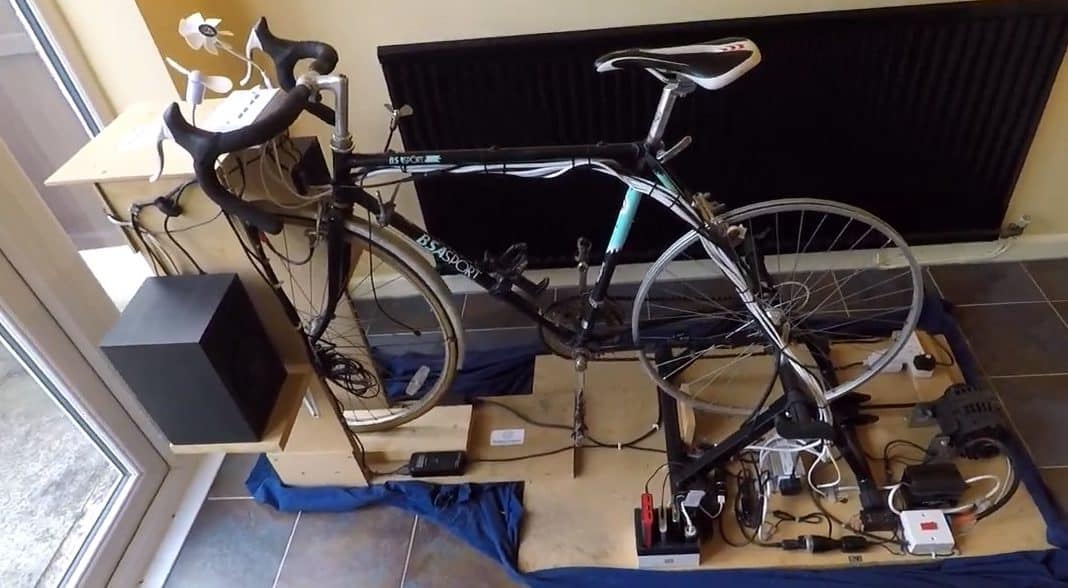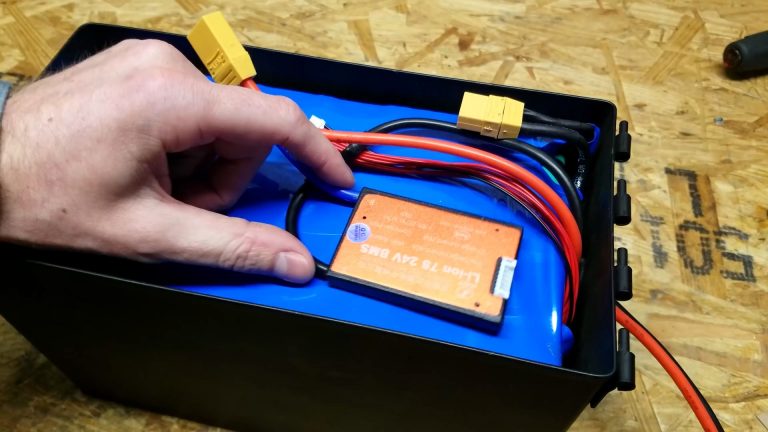The grid isn’t as stable as they want you to believe. Between rolling blackouts, unpredictable storms, and an aging infrastructure, it’s not a question of if your power goes out, but when. That’s why having a generator is no longer optional—it’s a matter of survival.
But not just any generator. A propane generator for house use is a game-changer for preppers and anyone who wants to ensure their home has power when the lights go out.
Propane vs. Gasoline and Diesel
Propane is a superior fuel for long-term preparedness.
- Propane lasts indefinitely when stored properly, unlike gasoline which degrades in just 3-6 months. This means you can have a reserve ready for years without worrying about it going bad.
- Propane burns cleaner than gasoline or diesel, which reduces engine maintenance and prevents carburetor clogs.
- Propane is quieter, making it a better option for home use, as it won’t draw unwanted attention from neighbors or looters.
- Propane is easier to store safely and doesn’t produce toxic fumes like gasoline.
When a crisis hits and gas stations run dry, you’ll have a ready fuel source while others are left scrambling.
Portable vs. Standby: What’s Right for You?
Your choice of generator depends on your needs and budget.
- Portable Propane Generators are great for short-term outages, camping, or a bug-out situation. They are easy to move and can power essentials like your fridge, phone chargers, and a few lights. Their power output typically ranges from 2,000 to 9,000 watts.
- Standby Propane Generators are the gold standard for long-term power failure. They are hardwired into your home’s electrical system, providing whole-house coverage with an output of 10,000 to 22,000+ watts. They turn on automatically the moment your power goes out, offering seamless protection.
How Much Power Do You Need?
To determine the right size, list the appliances you want to run and their wattage.
- Refrigerator/Freezer: 700–1,200 watts
- Well Pump: 1,000–2,500 watts
- Furnace Blower: 800–1,500 watts
- Lights, TV, Chargers: 100–300 watts
- Microwave: 1,000 watts
- Air Conditioning: 2,000–5,000+ watts
Add up the wattage of the appliances you want to run simultaneously, and then double it to account for a power surge when appliances turn on. A 7,500-watt generator is often enough for a typical household’s essentials, while a 10,000+ watt unit can power most of your home.
Don’t Forget These Critical Details
- Propane Tank Size: A standard BBQ tank (20 lbs) will only run a mid-sized generator for 6-8 hours. For real resilience, you’ll need 100 lb tanks or to tap into your home’s main propane system.
- Transfer Switch: For a standby generator, a transfer switch is essential for safely connecting the unit to your home’s electrical system and making it automatic.
- Wattage Meter: A meter will help you monitor your power usage to prevent overloading and damaging your generator.
- Cold Start Capability: If you live in a cold climate, make sure your generator has cold start technology or an electric starter to ensure it works when you need it most.
Recommended Propane Generators
You want gear that works when you actually need it. The following brands have earned a reputation for reliability and solid performance.
- Champion: A solid choice for both portable and standby models, known for reliability and affordability.
- Generac: The industry standard for whole-house propane units, trusted for their automatic, seamless operation.
- DuroMax: Offers tough, dual-fuel options with a powerful output.
- Westinghouse: Known for its quiet, efficient inverter generators that provide stable power for sensitive electronics.
Final Thoughts
Having a propane generator for your house is about more than just convenience. It’s about achieving peace of mind, grid independence, and security in a world that can leave you in the dark. It’s not paranoia; it’s preparation.
Don’t wait for a blackout to test your gear. Get your generator now, test it, and fuel it. You’ll sleep easier knowing you’re not gambling on an infrastructure held together by wishful thinking.
